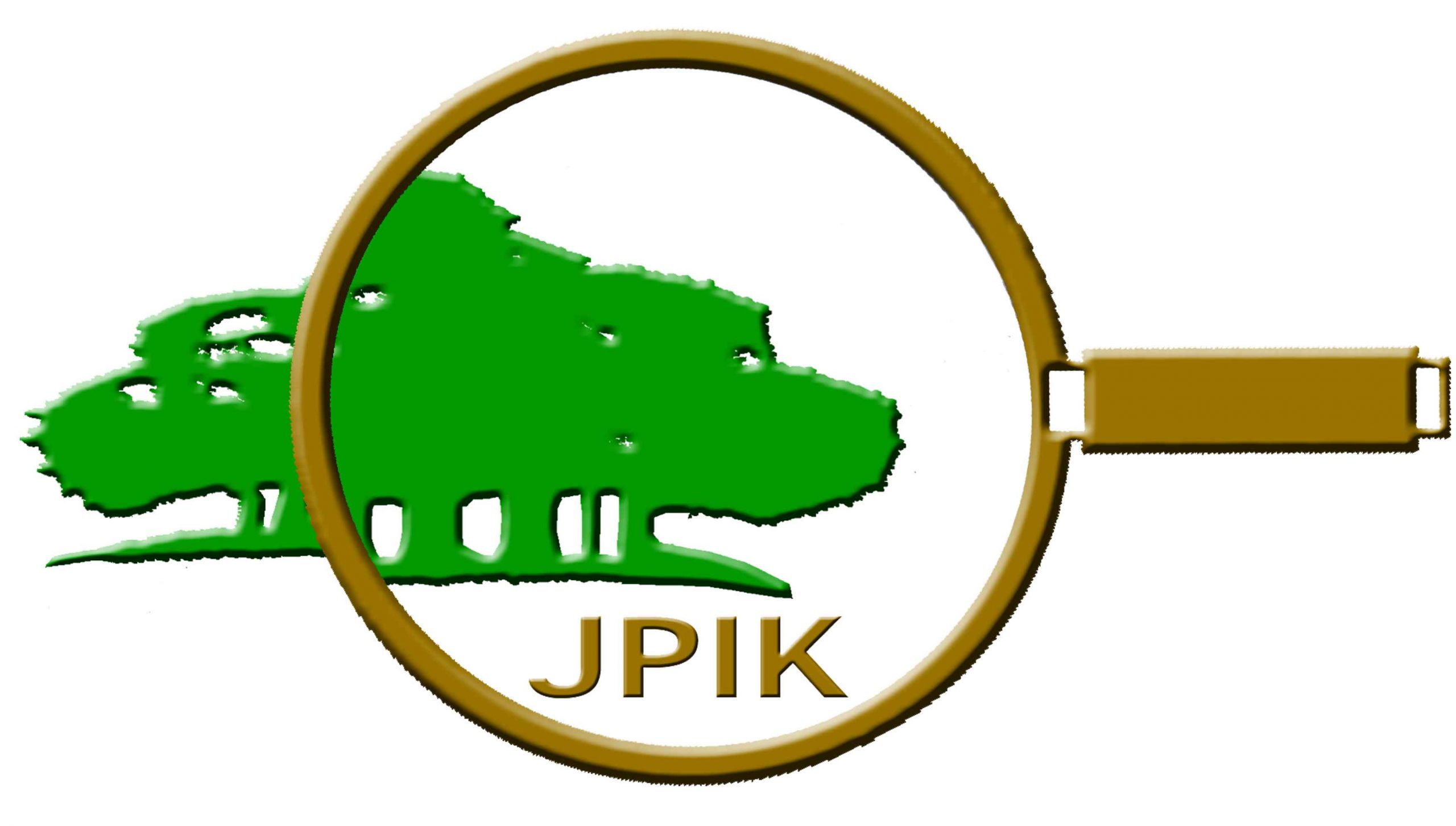Jakarta, November 24, 2014. The Indonesian Independent Forest Monitoring Network (JPIK) is calling on the Government of Indonesia to improve the timber legality assurance system (SVLK) agreed to by both the European Union and Government Of Indonesia. A new report “ SVLK in the Eyes of the Monitor” launched today reveals results from civil society independent monitoring of the system from 2011- 2013.
Civil Society Independent Monitoring is part of the formal agreement between the Government of Indonesia and the EU through the Forest Law Enforcement Governance and Trade (FLEGT) Voluntary Partnership Agreement (VPA).
“We strongly support the Government’s plan for the full implementation of the SVLK expected on January 1, 2015. However improvements to the regulation and strengthening of implementation are key to ensure credibility of the system.” said Zainuri Hasyim, the National Coordinator of JPIK.
“The SVLK regulation that puts independent monitoring as an integral part of the system, has formally acknowledged the existence of independent monitors. This is a progressive breakthrough that provides opportunities and challenges for civil society to participate in monitoring the implementation of a government policy.” He added.
Results of monitoring against 34 permit holders indicate some weaknesses in the implementation of the SVLK. Some of the issues found were weaknesses in the mechanism to trace raw materials, problems with the issuance of permits, violation of the function of the area, boundaries and spatial plan, environmental liability, conflicts especially related to boundaries and tenure, and some weaknesses associated with legality verification of timber produced from the conversion of natural forests.
“We found that the SVLK auditors are only looking at the availability of permits without scrutinizing the process of how the permit was issued,” said Hasyim as he referred to the forestry permit corruption cases that occurred in Riau Province of which the governor and local authorities have been involved and subsequently sentenced. The SVLK did not respond to the case, and there has been no attempt to investigate some SVLK-certified companies involved in the proven cases of corruption.
“The SVLK should be able to prevent issuance of certificates to problematic permit holders. Including permit issuance procedures within the legality standard would be one way forward in addressing this problem.“ He said.
JPIK also highlighted weak enforcement of the SVLK and the lack of sanctions of non-compliance by permit holders. The case of illegal logging involving PT Rotua indicated some SVLK-certified wood industries receiving illegal timber from PT Rotua that have so far not been investigated.
“The SVLK is a scheme to assure timber legality; any indication of a permit holder’s involvement in the practice of illegal logging and the illegal timber trade should be investigated and processed in accordance with applicable law” said Mardi Minangsari, National Coordinator of JPIK.
JPIK calls for improvement to the transparency of data and information in the implementation of the SVLK, as well as improvements in the process of filing and resolution of complaints from various stakeholders. Until now, civil society groups still have difficulties in accessing public information needed to conduct monitoring activities. The government must demonstrate that the intention to improve forest governance applies not only on paper.
“The system needs to address the issue of changes of area function, tenurial conflicts related to the rights of indigenous peoples, and issues of forest estate boundaries because they have direct implications for forest destruction” said Executive Director of Forest Watch Indonesia (FWI), Christian Purba.
“Strengthening the SVLK by adopting the most recent policies and legislation is key so that this system can respond to these issues,” added Christian.
JPIK welcomes the issuance of the latest SVLK regulations brought in during June and July 2014 as some aspects of improvements have been adopted. However, improvement of the regulations must be accompanied by firm and consistent enforcement, so the SVLK is able to credibly improve governance in the timber and forestry sector in Indonesia.
——
For further information, please contact:
Zainuri Hasyim – National Coordinator JPIK; zhasyim@gmail.com or +62 811-754409
Mardi Minangsari – National Coordinator JPIK; minangsari@gmail.com or +62 811-111918
Christian Purba – FWI Executive Director; bob@fwi.or.id or +62 812-1105-172
NOTES TO EDITORS:
- Standards of timber legality verification is a requirement to meet the legality of timber / wood product that has been developed through multi-stakeholders process. It contains standards, criteria, indicators, verifiers, and verification methods. Timber Legality Verification System (SVLK) refers to Regulation of Forestry Minister No. P.38/2009 updated to P.68/2011, and P.45/2012, as well as the P.43/2014 issued on June 19, 2014. SVLK is implemented through a mandatory certification scheme resulted in legality certificate or Sustainable Forest Management (SFM) certificate.
- JPIK is the Independent Forest Monitoring Network set up on 23 September 2010 by 29 NGOs and NGO networks from Aceh to Papua, as a form of commitment to actively contribute to push for good forest governance by ensuring the credibility and accountability of the implementation of SVLK.
- Until August 2014 JPIK consists of 64 member organizations and 318 individuals. JPIK plays the role to monitor the implementation of SVLK including the process of accreditation, assessment/verification of permit holders and export licensing.
- Forest Watch Indonesia (FWI) is an independent forest monitoring network consisting of individuals who are committed to realizing a transparent forestry data and information management in Indonesia, to ensure a just and sustainable management of forest resources. FWI has been appointed to host JPIK National Secretariat since 2010.




![[Lembar Fakta] Pemantauan Independen sebagai Upaya Perlindungan Kawasan Taman Nasional Kerinci Seblat](https://jpik.or.id/wp-content/uploads/2024/01/PHOTO-2024-01-02-12-54-25-2-500x383.jpg)

Leave A Comment
You must be logged in to post a comment.